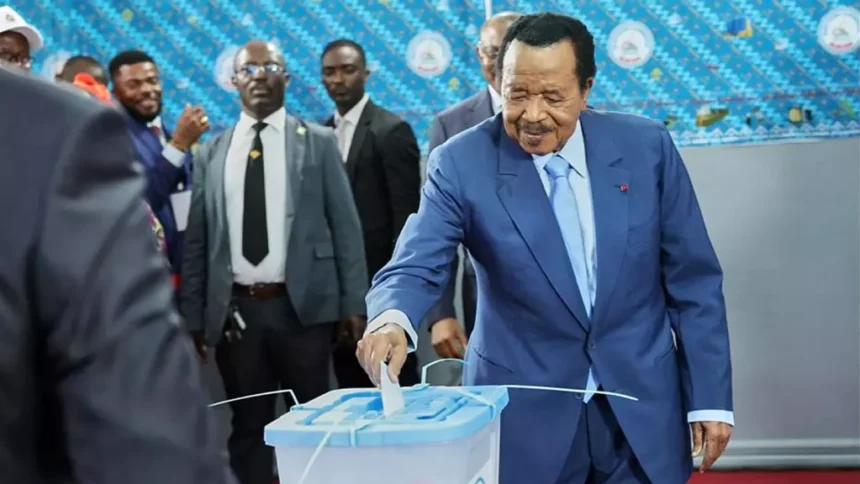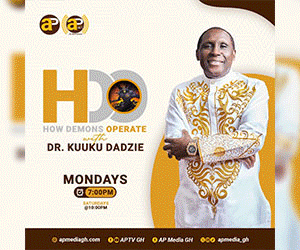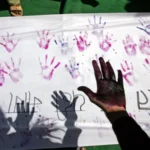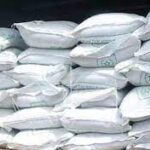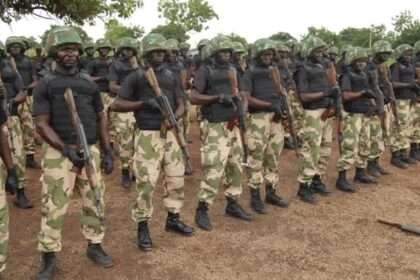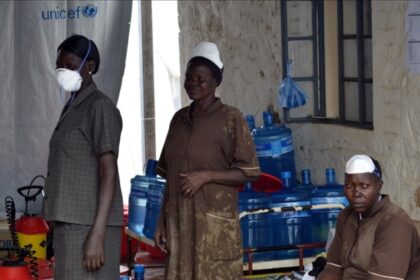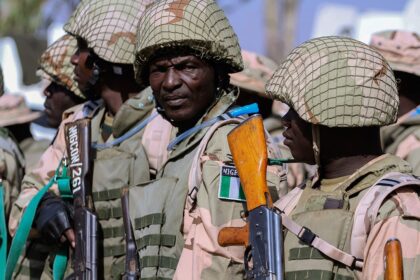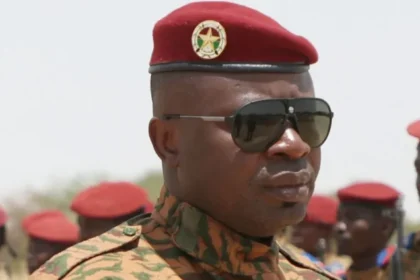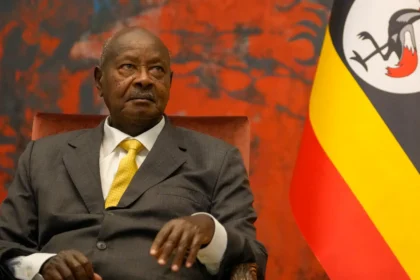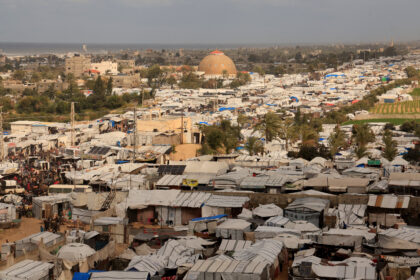Cameroon’s top court has confirmed President Paul Biya as the winner of the October 12 presidential election, extending his rule over the central African nation. The announcement came after clashes between security forces and protesters left at least four people dead in Douala, the country’s economic capital.
The 92-year-old Biya, the world’s oldest sitting president, has led Cameroon since 1982. The Constitutional Council reported that he secured 53.66% of the vote, while his former ally-turned-challenger, Issa Tchiroma Bakary, received 35.19%. Tchiroma had claimed victory days before the official announcement, citing party-collected results, which Biya dismissed.
Protests erupted in multiple cities, including Douala, Garoua, and Maroua, with security forces firing tear gas to disperse crowds. Authorities said several officers were injured and at least 105 protesters were arrested. In recent days, dozens of opposition supporters, activists, and leaders were detained, with the government citing plots to incite violence.
The election heightened tensions in a country of nearly 30 million people, particularly among youth and opposition supporters angered by Biya’s decision to seek another term. Critics accuse him of influencing the disqualification of rivals and using state machinery to tilt the election in his favor.
One protester, Oumarou Bouba, a 27-year-old trader from Maroua, said, “I am ready to stake my life to defend my vote. I voted for Tchiroma because I want change.”
Biya’s tenure has outlasted that of most Cameroonians, with over 70% of the population under 35. He first assumed power in 1982 after the resignation of the country’s first president and later benefited from a constitutional amendment removing term limits. His health has been a frequent subject of speculation as he spends significant time in Europe, delegating governance to party officials and family members.
Under Biya’s rule, Cameroon has faced major security crises, including attacks by Boko Haram militants in the north and a secessionist insurgency in the English-speaking North West and South West regions, which has left nearly 7,000 dead and displaced over one million people.
Although Cameroon produces oil and experiences modest economic growth, young people say the benefits are unevenly distributed. While the official unemployment rate is 3.5%, 57% of the 18–35 workforce works in informal jobs.




